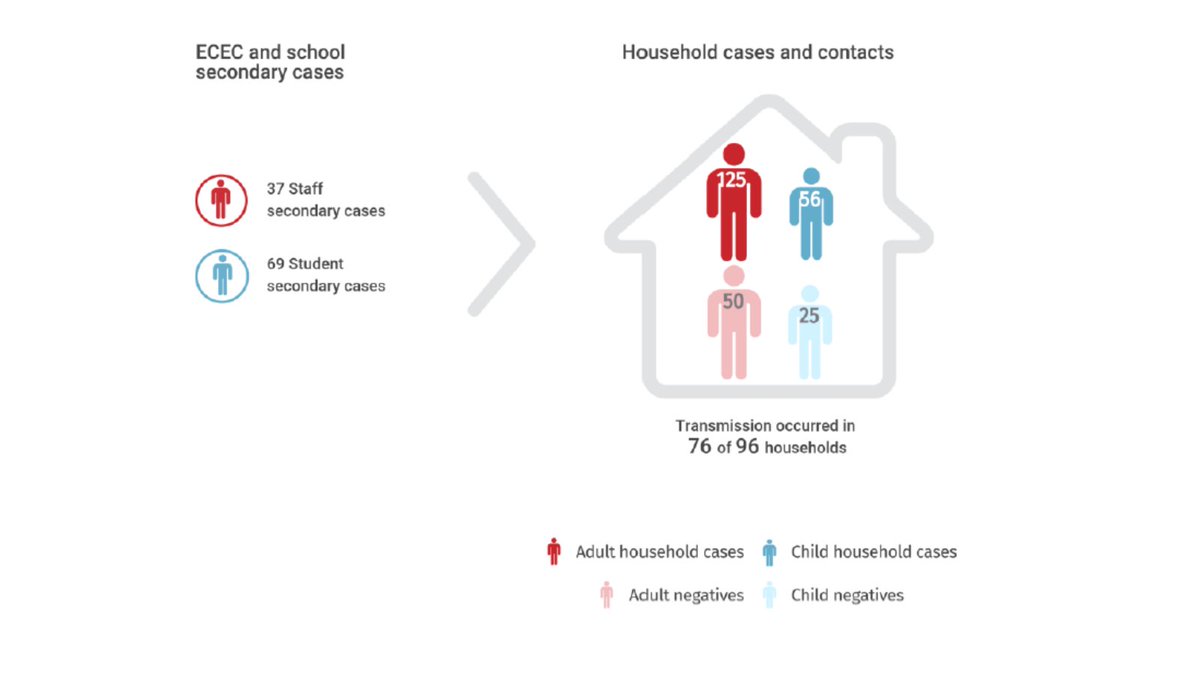
Loads of people will now have heard of RSV for the first time
Here is a quick thread on the disease it causes (bronchiolitis) and why we DONT use salbutamol inhalers/nebulisers to treat it - they can even make it worse!
1/
Here is a quick thread on the disease it causes (bronchiolitis) and why we DONT use salbutamol inhalers/nebulisers to treat it - they can even make it worse!
1/
Bronchiolitis does what is says on the tin
It’s infection with a virus (usually RSV, but can be others) affecting the small airways (“bronchioles”) causing inflammation (“itis”)
It causes wheezing, coughing, and difficulty breathing
2/
It’s infection with a virus (usually RSV, but can be others) affecting the small airways (“bronchioles”) causing inflammation (“itis”)
It causes wheezing, coughing, and difficulty breathing
2/
Usually it affects babies <1y of age (although in the US definitions are a bit different…) and is seasonal, coming in waves every winter
It is the most common cause of hospitalisation of children, usually for breathing support, extra oxygen, or help feeding
3/
It is the most common cause of hospitalisation of children, usually for breathing support, extra oxygen, or help feeding
3/
All the treatment is supportive of feeding and breathing. There are no treatments which can make it get better any faster.
Which brings me to salbutamol…
4/
Which brings me to salbutamol…
4/
Usually for wheezing illnesses (asthma, viral wheeze etc) we use salbutamol inhalers/nebulisers
These cause relaxation of airway smooth muscle which has gone into spasm (by stimulating beta adrenoreceptors), opening them up again
Why not bronchiolitis?
5/
These cause relaxation of airway smooth muscle which has gone into spasm (by stimulating beta adrenoreceptors), opening them up again
Why not bronchiolitis?
5/
In bronchiolitis, the problem is not smooth muscle spasm (known as bronchoconstriction)
Instead, it’s airway inflammation, swelling, and mucous plugging
So bronchodilators (salbutamol) have little affect
In fact, they can make it worse…
6/
Instead, it’s airway inflammation, swelling, and mucous plugging
So bronchodilators (salbutamol) have little affect
In fact, they can make it worse…
6/
When your lungs have areas which aren’t getting oxygen, your body is clever and doesn’t send blood to those areas, because it would leave your lungs with no oxygen in it!
It diverts blood away from these areas by causing blood vessel constriction
7/
It diverts blood away from these areas by causing blood vessel constriction
7/
Well guess what else salbutamol causes relaxation of? Blood vessel smooth muscle! These also have beta adrenoreceptors in them
Opening these vessels causes blood to enter and leave these areas of lungs without oxygen - known as “shunting”
8/
Opening these vessels causes blood to enter and leave these areas of lungs without oxygen - known as “shunting”
8/
This can cause a drop in oxygen saturations which can be a bit scary, although hopefully brief, as the effects are relatively short acting
But best avoided!
9/
But best avoided!
9/
So that’s bronchiolitis!
Not uncommon to have a handful of young children with this in the ED at any one time at the moment, but fortunately most will recover well in a week or so with a bit of TLC!
10/
Not uncommon to have a handful of young children with this in the ED at any one time at the moment, but fortunately most will recover well in a week or so with a bit of TLC!
10/
• • •
Missing some Tweet in this thread? You can try to
force a refresh









